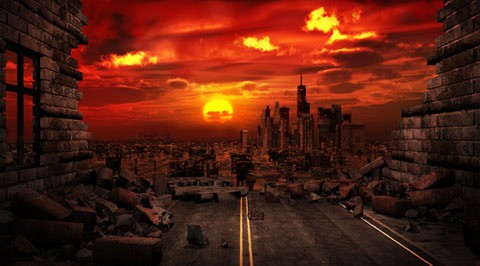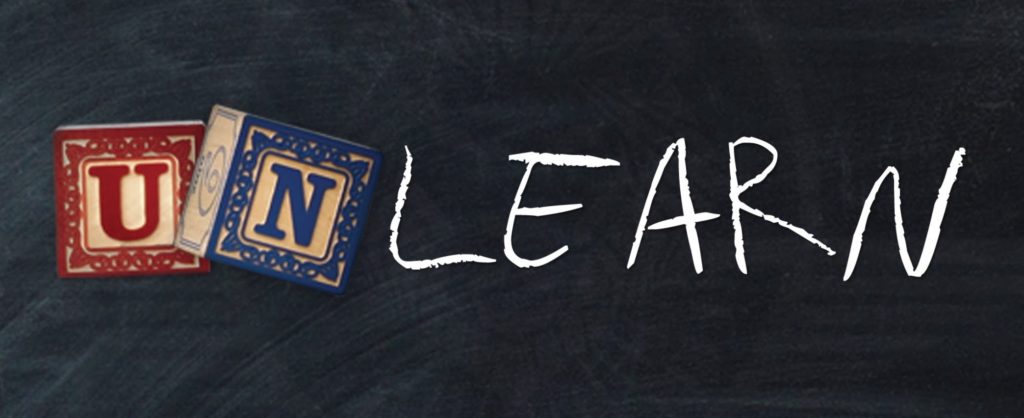
What if society really did crumble like a house of cards? What if we really were forced to rebuild from the ground up? What would that look like? Would mankind be able to set aside our differences for the greater good, or would the ensuing chaos and fear bring out the worse in us?
All of these can be answered by addressing one more overarching question: are human beings good or evil by nature? It would appear that when reduced to their natural state as a species, humans possess the will and desire to work together with one another; if the opposite were true, then society would never have had the opportunity to be built in the first place. (Related: These are the top ten cities that would be rebuilt first after a societal collapse.) However, it would be inaccurate to say that human beings are entirely good in nature because, as demonstrated through people like Adolph Hitler, Joseph Stalin, and 9/11 mastermind Khalid Sheikh Mohammed, our species clearly has a dark side.
…click on the above link to read the rest of the article…












